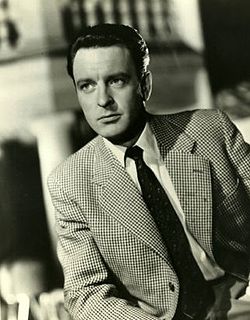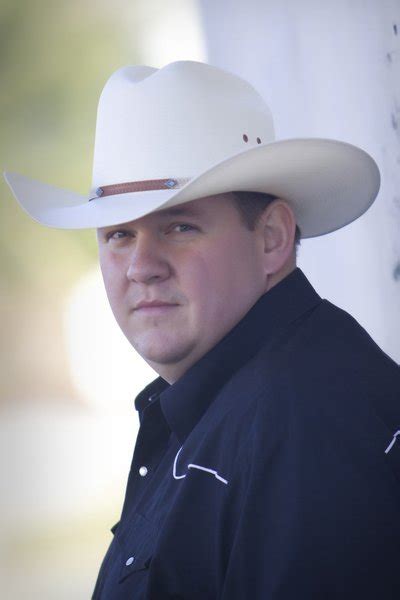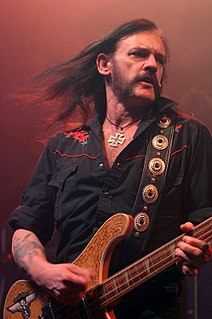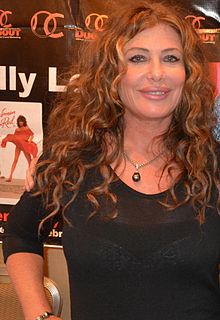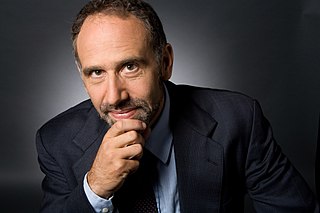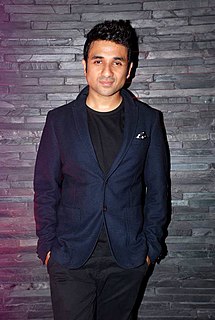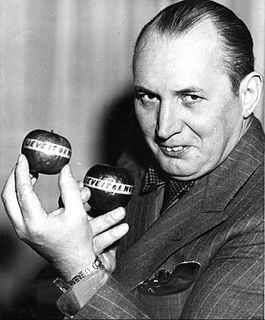A Quote by Donald Sinden
You come across quite ordinary, nondescript people in daily life, and I don't see why you should be subjected to them on the stage, too.
Related Quotes
I think re-engineering or restructuring or downsizing or rightsizing or whatever you want to call it, it's basically firing, has gone way too far. Employees, as I've talked to them across the country, feel that they are not respected, they are not valued, they are worried about their jobs. They simply feel that the company is no longer loyal to them. Why should they be loyal to the company, they ask me. Why should I go the extra mile? Why should I care?
The idea of songwriting is a transformative thing, and what I do with songwriting is take situations that are quite ordinary and transform them in some way. Apart from things like the murder ballads, the songs I write, at their core, are quite ordinary human concerns, but the process of writing about them transforms them into something else.
Opening a small business is a reasonable thing for you to do but should tax payer, should an ordinary worker have to pay more money in taxes because someone across the street from them opened up a business which might well go under? For a lot of people opening a business is a bad choice for them. Most small businesses fail. I understand people wanting to give it a try and everything but we're not necessarily doing them a favor to say, take all your life savings, borrow to the hilt, and then struggle for three years and end up with nothing. We're not necessarily doing them a favor.
I was a working class Jewish girl. In my girlhood, anti-Semitism was a daily fact of life in Detroit. I did not come from people who had many options in their lives or many choices open to them. I was a girl in a family in which women were, as in society at large, very much second-class citizens. I did not see why I should accept these forced limitations without a fight. Being free to make my own choices thus became very important to me at an early age.
What I bring to the interview is respect. The person recognizes that you respect them because you're listening. Because you're listening, they feel good about talking to you. When someone tells me a thing that happened, what do I feel inside? I want to get the story out. It's for the person who reads it to have the feeling . . . In most cases the person I encounter is not a celebrity; rather the ordinary person. "Ordinary" is a word I loathe. It has a patronizing air. I have come across ordinary people who have done extraordinary things. (p. 176)
